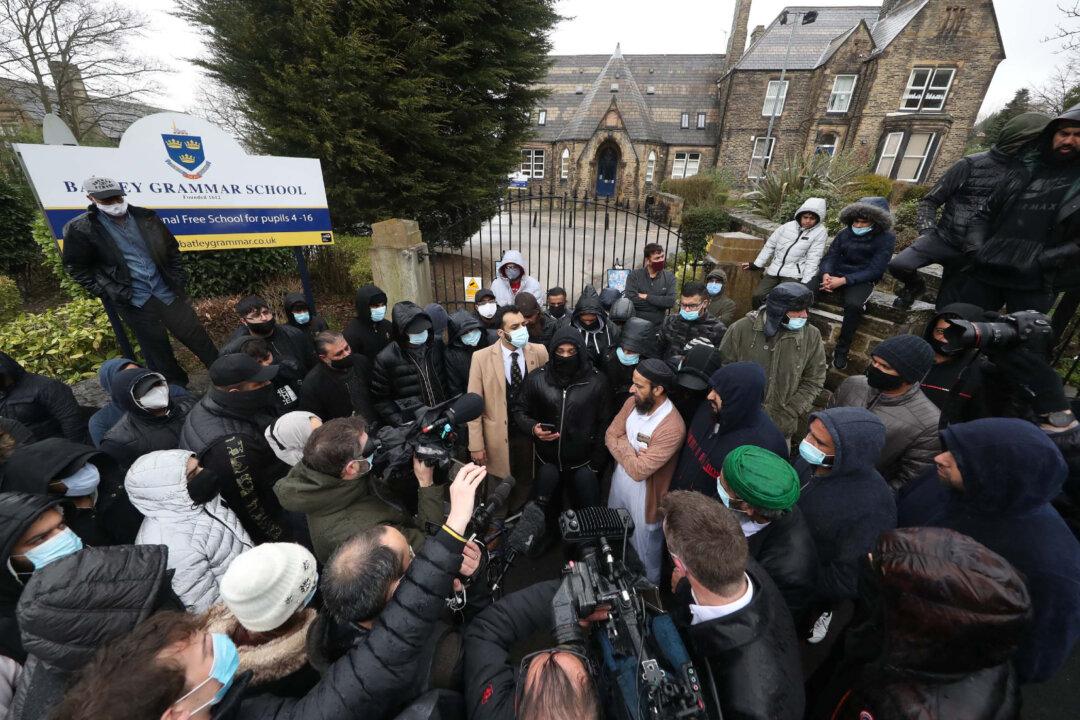Teachers are “self-censoring” to avoid going into hiding after offending Muslims, according to research, calling it a “de-facto blasphemy” code.
Research from the think tank Policy Exchange has found over half of all teachers said they would not use an image of Muhammad in the classroom.





